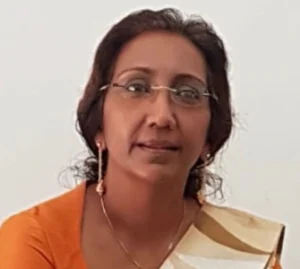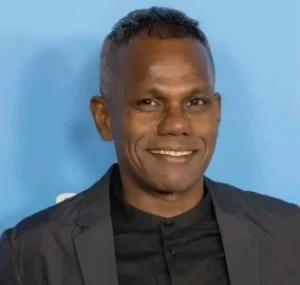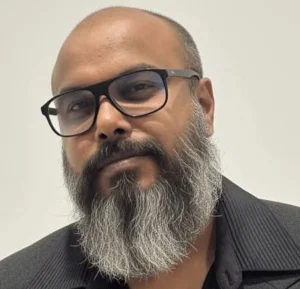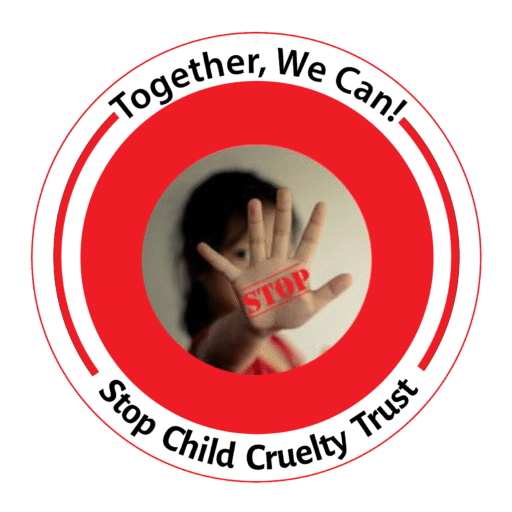Stop Child Cruelty Trust (SCCT) is focused on ending violence against children, especially ending corporal punishment in schools. It is a mammoth task to even attempt to stop all forms of child cruelty. However, it is entirely possible to focus on a small piece of the puzzle, rectify and abort physical punishment in schools.
Stop Child Cruelty Trust (SCCT) is focused on ending violence against children, especially ending corporal punishment in schools. It is a mammoth task to even attempt to stop all forms of child cruelty. However, it is entirely possible to focus on a small piece of the puzzle, rectify and abort physical punishment in schools.
Stop Child Cruelty Trust (SCCT) is focused on ending violence against children, especially ending corporal punishment in schools. It is a mammoth task to even attempt to stop all forms of child cruelty. However, it is entirely possible to focus on a small piece of the puzzle, rectify and abort physical punishment in schools.
VISION
Facilitate a healthy a school environment for children so that they are happy, free of fear and free of physical and mental hurt and anguish.
VISION
Facilitate a healthy a school environment for children so that they are happy, free of fear and free of physical and mental hurt and anguish.
VISION
Facilitate a healthy a school environment for children so that they are happy, free of fear and free of physical and mental hurt and anguish.
MISSION
To vigorously campaign to end corporal punishment in schools and all settings Sri Lanka.
OBJECTIVES
To enforce all authorities responsible for child protection to uphold National and International laws thus ensuring that no child is subjected to cruel and/or degrading punishment in schools, thus allowing children to pursue educational activities in an environment devoid of corporal punishment and in a happy and safe learning environment which, promotes mental wellbeing for children to mature into wholesome caring individuals.
MISSION
To vigorously campaign to end corporal punishment in schools and all settings Sri Lanka.
MISSION
To vigorously campaign to end corporal punishment in schools and all settings Sri Lanka.
OBJECTIVES
To enforce all authorities responsible for child protection to uphold National and International laws thus ensuring that no child is subjected to cruel and/or degrading punishment in schools, thus allowing children to pursue educational activities in an environment devoid of corporal punishment and in a happy and safe learning environment which, promotes mental wellbeing for children to mature into wholesome caring individuals.
OBJECTIVES
To enforce all authorities responsible for child protection to uphold National and International laws thus ensuring that no child is subjected to cruel and/or degrading punishment in schools, thus allowing children to pursue educational activities in an environment devoid of corporal punishment and in a happy and safe learning environment which, promotes mental wellbeing for children to mature into wholesome caring individuals.
Meet the Team
Meet the Team
Meet the Team















Child Protection Goodwill Ambassadors
Child Protection Goodwill Ambassadors
Child Protection Goodwill Ambassadors
























